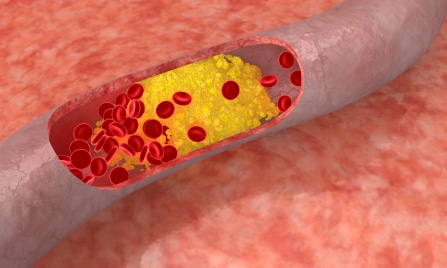Atherosclerotic plaque in artery High blood sugar greatly contributes to damage in our blood vessels. And, you don’t have to...

Atherosclerotic plaque in artery High blood sugar greatly contributes to damage in our blood vessels. And, you don’t have to...